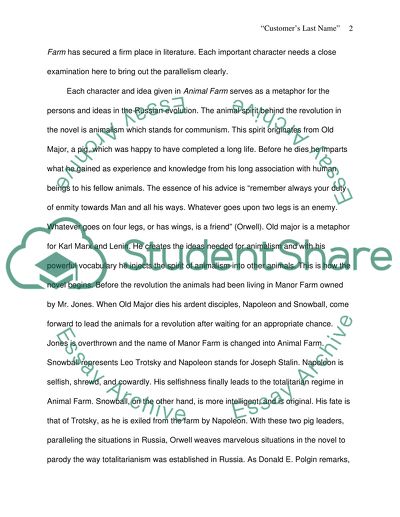Cite this document
(“Animal Farms Parallelism to Russian Revolution Research Paper”, n.d.)
Retrieved from https://studentshare.org/literature/1418206-animal-farm-and-its-parallelism-to-the-russian
Retrieved from https://studentshare.org/literature/1418206-animal-farm-and-its-parallelism-to-the-russian
(Animal Farms Parallelism to Russian Revolution Research Paper)
https://studentshare.org/literature/1418206-animal-farm-and-its-parallelism-to-the-russian.
https://studentshare.org/literature/1418206-animal-farm-and-its-parallelism-to-the-russian.
“Animal Farms Parallelism to Russian Revolution Research Paper”, n.d. https://studentshare.org/literature/1418206-animal-farm-and-its-parallelism-to-the-russian.


